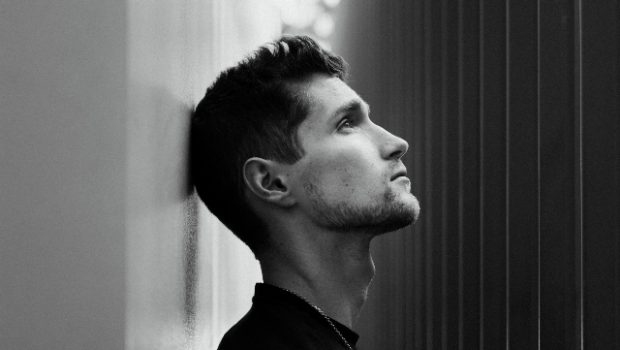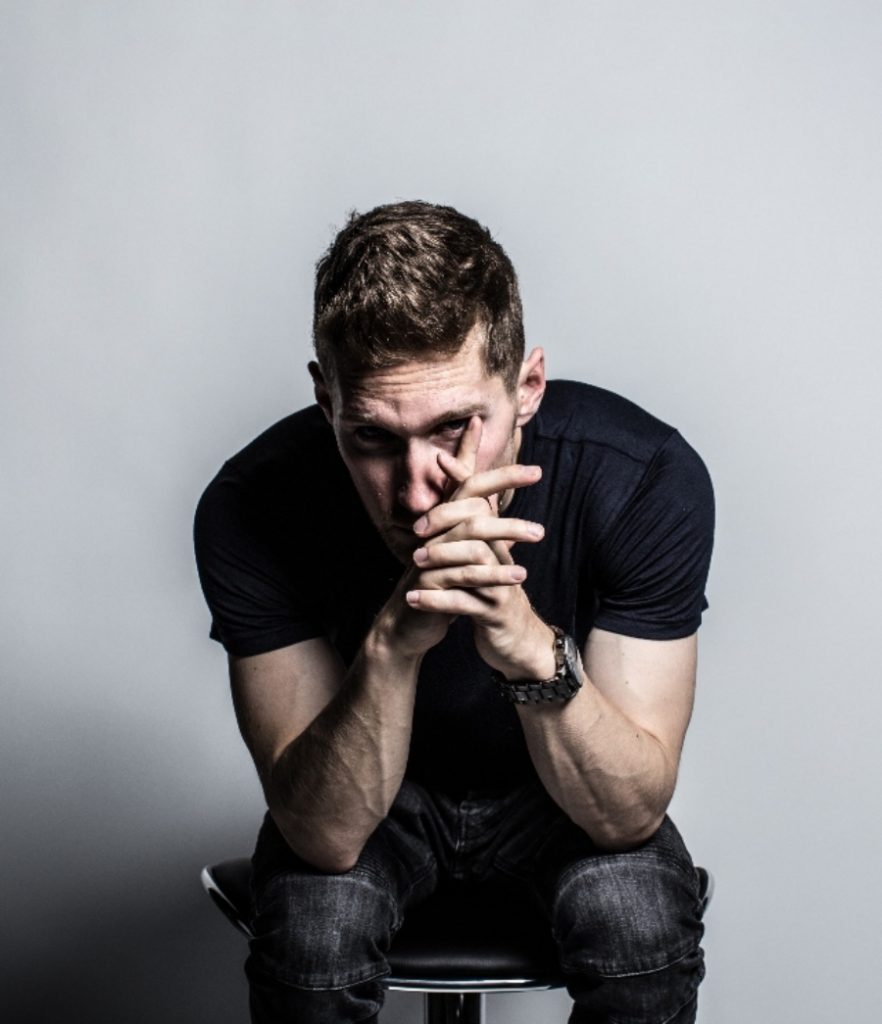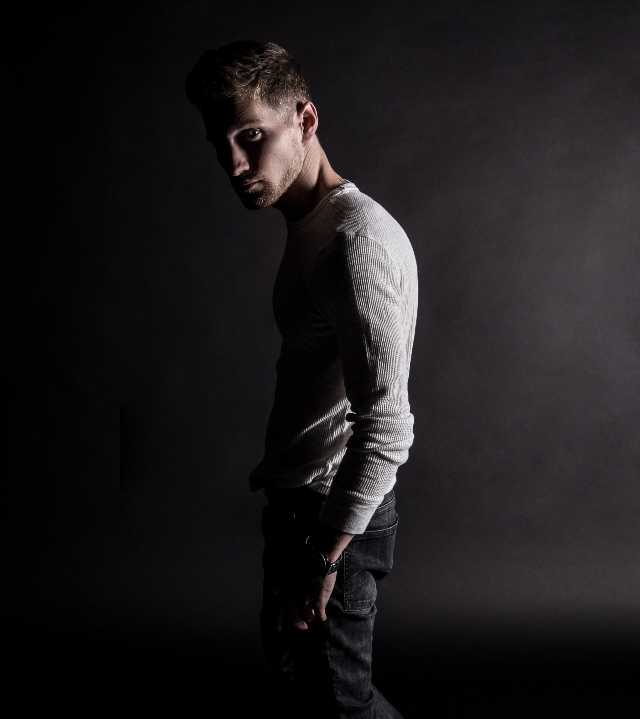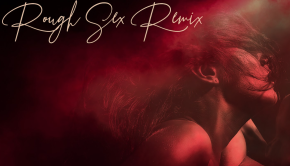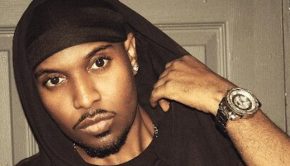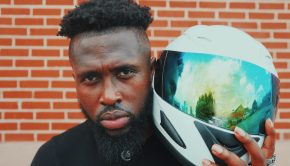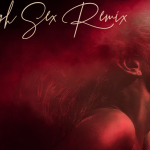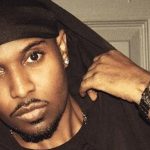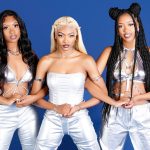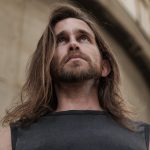The Complexities of The Human Experience – A Q&A with Lucidious
Originally from Washington D.C, Hip Hop Artist Lucidious now resides with his label in sunny LA. He has put out multiple albums, successfully accumulating hundreds of thousands of followers globally, totaling over 100 million streams platform wide. Lucid’s fans, known as Lucidians are all deeply connected on a personal level to the emotionally-driven dynamics embodied in his music.
“I’m simply looking to create music that will heal pieces of myself that are damaged from my past, and lead listeners to the same resolution I have found on this journey. There is greatness found on the other side of pain, and anything is possible. This is a family. I’m in it for life.”
I had the chance to sit down with Lucidious and discuss his latest single “Hope” feat Kelsey Colbert as well as his thoughts on the complexities of the human experience.
We’re loving the new track / video entitled “Hope”. Can you tell us about what went into the making of this video and a little about the song itself?
‘Hope’ is currently the top track of my new album, ‘Enough.’ My aim with ‘Hope’ was to take listeners on a journey from darkness to light. From depression to change. From simplicity to an uproar of motivational tones within the instrumentation itself.
This song touches on societal and individual disconnects so many of us face every day. From the loss of relationships, the superficiality of social media, to painful internal battles and wanting to give up, most of us are chasing the light – “Light” being the positive and good in life. We try to find our way “back home” as evolved beings who continue to overcome life’s obstacles both internally and external to us.
The music video is a performance-based visual with dynamics left up to the viewers’ interpretation. To me, the darkness represented my mind, or the struggle. The transition to light is where I found the light, along with a reason to fight. The escape from a dark abandoned building to the outside world was symbolic. Some viewers saw me rushing to ‘save’ the girl on top of the building, which is the goal in most of my art. I tried to depict this concept throughout the video, but I also wanted to leave the visual story-line open to interpretation. The human experience is so different from person to person after all.
Some viewers saw the desperation in my face as I ran through the streets – eventually finding my way to the girl on top of the building – and interpreted it as a rescue effort. Others saw it as a symbol of leaving low solitude (the empty building) to higher ground, liberation, and happiness (on top of the building outside). That’s my goal, though. My goal is to get people to interpret the music and stories in their own way. Art is personal.
Your music hints at inspiration from rappers like Eminem and perhaps Atmosphere or other Rhymesayers artist’s – can you tell us who inspires you to write and how that plays into the music you create now?
I grew up on Eminem. I think a lot of us did. For me, that type of influence started around 8 years old. I didn’t start writing myself until I was 18, but my fascination started at a young age. I don’t listen to as much music now, sometimes it distracts me from my own. With that being said, I’m still a huge fan of Eminem, NF, J Cole, Joyner, & Kendrick. I spend 90% of my time listening to piano, meditative music, or my all-time favorite… Hans Zimmer.
My inspiration itself is drawn from personal experiences, emotions, and ideologies about the world. I typically write from a place of internalized darkness, because it’s healing and serves as a form of therapy for me. By writing through pain and low thoughts, I’m able to transmute the feelings into a release and deeper personal growth.
Your music has affected so many listeners lives including your own; do you think that talking about mental health has played a dual role in helping you as well as helping others? And what is some of the feedback you’ve heard from listeners about how your music has impacted them in a positive way?
I’ve tried explaining this to people in my life, but I don’t think anyone can truly understand unless they’re able to read through my private messages with their own eyes. Sometimes it’s a simple thank you, and other times it’s a photo of my lyrics being permanently inked on someone’s skin. The toughest messages, though, are my most common ones. They are the messages highlighting trauma, abuse, addiction, fear, and emotional depth on unimaginable levels.
My willingness to be open about my mental health has undoubtedly provided a safe haven for those experiencing anxiety, depression, addiction, abuse etc. Music was originally my way of helping myself. I had no idea it would ultimately reach as many people as it has. I’ve been able to connect with my fans on a core level that makes us all feel a little more understood, heard, and less alone.
Do you feel that artists have a social responsibility to be role models? If so, why or why not?
This is a tough question. While I recognize that every single person in the spotlight is influential, I’ve also understood the desire to be reclusive and private. Less room for upsetting people, especially in the cancel culture that’s been created by the internet. With that being said, we are in the spotlight. People are listening and watching whether we want them to or not. I believe this world needs artists and public figures who can step up and lead their followers in a positive direction.
I would never ask an artist to change who they are, but I do believe it’s our responsibility, as equal humans, to be mindful educators for each generation that follows us. The value around emotional intelligence has been misplaced, and if more people focused on personal development then we’d have a much healthier social dynamic.
How do you feel about Instagram’s beta-testing to get rid of ‘likes’ on social media? Considering you receive a lot of attention for your quick climb on socials – do you feel this is a good thing or a bad thing, especially when thinking about young people and mental health?
I wish it would be implemented already! I’m a first-hand victim of the damage done by likes and the numbers game. My third album is called ‘Enough’ specifically for this reason. People are allowing likes and followers to determine self-worth or the worth of others without realizing how unrealistic and superficial it is.
When one post doesn’t do as well as another, we actually start second guessing our truth. I thought 1 million streams would make me happy, but once 100 million rolled around and I still wasn’t content, I realized this can’t be how happiness works. There’s a reason why most celebrities say ‘it’s not what you think it is’.
The sooner we can remove numerical values around art and creativity, the sooner people will be free to authentically express themselves again. I feel bad for impressionable youth that are being raised in this culture. Despite the many positive elements of the online world, this is absolutely one of the major disconnects.
How important do you feel it is that artist’s become as knowledgeable about the business side of the industry as they do the creative side? And how has your knowledge of marketing impacted the success of your career?
Great question, and one that not many artists are asking enough. Ari Herstand and I have an online course built around this topic. We have nearly 850 students to date. Our students are in the process of actively changing the way they view the music business and are implementing the strategies that helped me get to where I am today. They are finally seeing the success they’ve been working so hard for, and the gray areas are no longer gray.
It’s vital for artists to understand that it’s not just the knowledge that catalyzes the success. The true catalyst for success is the willingness to invest hard-earned money back into their own art. That means ‘investing into the wind’ for the sole purpose of spreading their messages further, one person at a time. It took years before I saw any form of reasonable return. Until an artist gets to a place where they are being managed or signed, they should be spending at least 50% of their time on the ‘business side.’
What do you do when you’re not making music? You’re a human after all – do you have hobbies / other pursuits?
Sometimes I forget who I am outside of the music, because it’s consumed every aspect of my life and being. With that being said, I absolutely love the piano and have been slowly getting better, watching movies, meditating, spending time in nature, and traveling. I also dedicate a large portion of my free time communicating with fans directly. I don’t hire someone for this. If my fans get a response, they can rest assured it’s coming from me.
What do you have planned for 2020? We’d love to know what to expect within the next year!
We are stoked for 2020! I’ve been putting off touring for a couple of years, and I’ve finally decided to take it head-on with my producer, Joel Woods. We’re additionally working on the 4th album and aiming to release more music videos soon. It’s my goal to get out there and meet the people who have been supporting me for years, so being able to travel and experience this music at the same time has honestly been a blessing.
How can readers find you on socials?
Hit me up @lucidious for IG and Twitter! You can also find me on Facebook, YouTube and TikTok @lucidiousmusic! Much love.
Tweet
